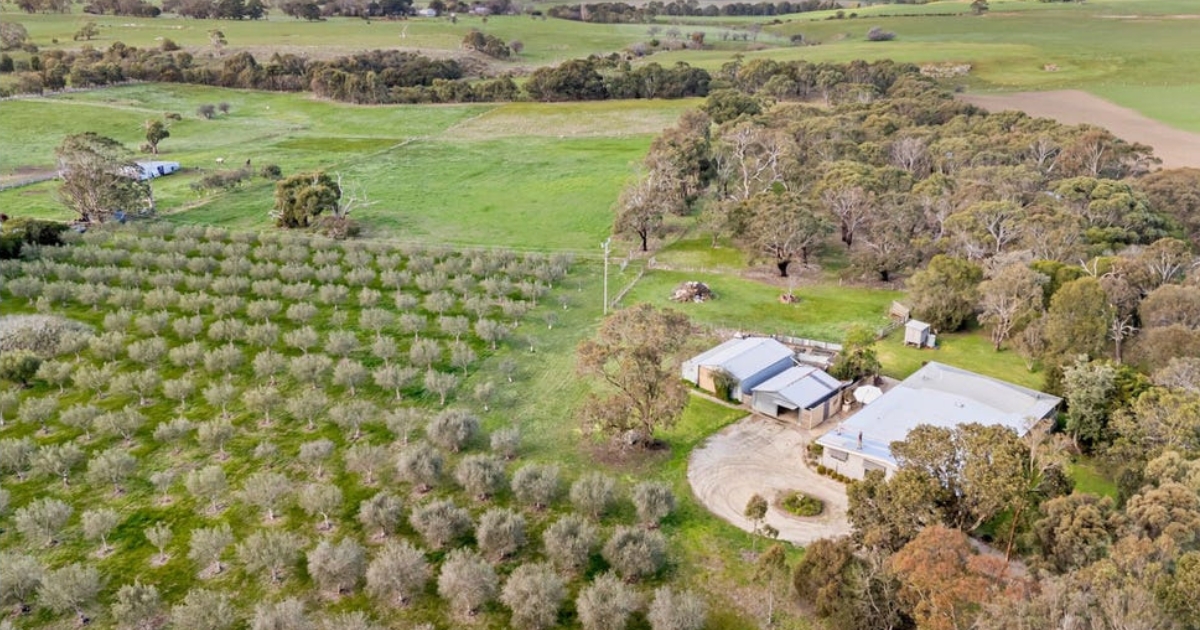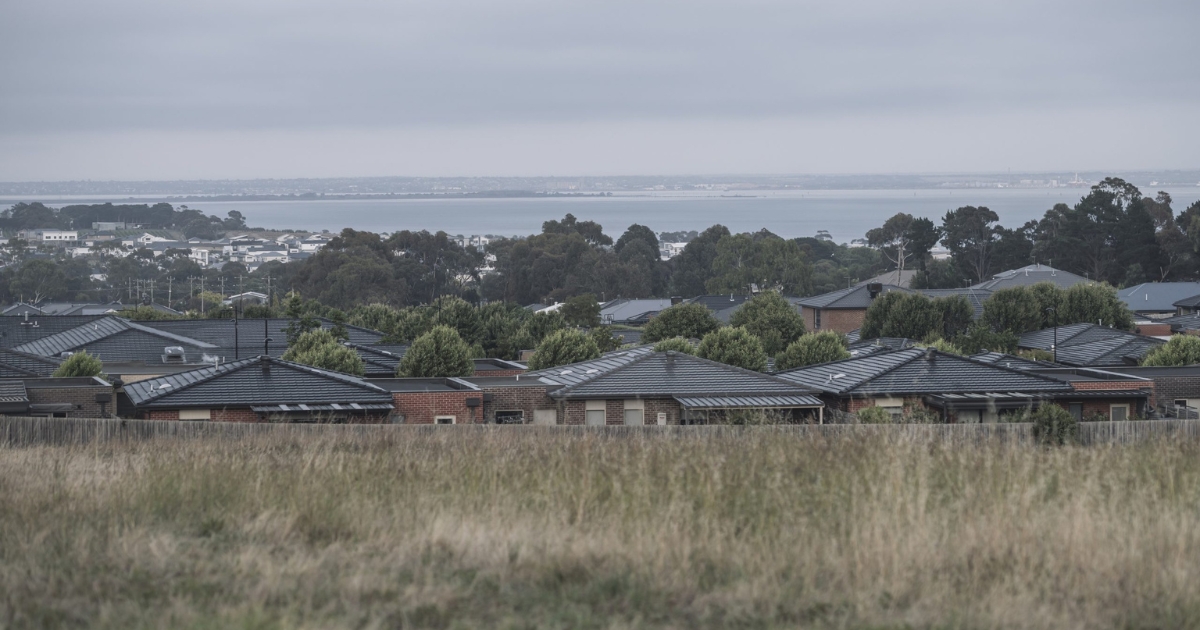CBA, BANKWEST WITHDRAW FROM reverse mortgage market
THE last remaining major bank offering reverse mortgages, and its subsidiary, will withdraw their reverse mortgage products from sale next year according to Australia’s leading magazine for mortgage brokers, The Adviser magazine.
The Commonwealth Bank of Australia (CBA) and its subsidiary Bankwest have announced that they will be removing their reverse mortgage products from sale from 1 January 2019.
As such, as of next year, brokers will no longer be able to write new reverse mortgages to Bankwest nor will CBA offer its reverse mortgage product through its proprietary channel (CBA had withdrawn its reverse mortgage offering from the broker channel last year).
The move means that, as of next year, none of the major banks will offer reverse mortgages.
“At the Commonwealth Bank, we constantly review and monitor our suite of home loan products and services to ensure we are maintaining our prudent lending standards and meeting our customers’ financial needs,” a CBA spokesperson said of the decision.
“As part of our strategy to become a simpler, better bank, we are streamlining our product portfolio and have made the decision to withdraw our Equity Unlock for Seniors (EQFS) product from sale.”
While the major bank noted that it would be withdrawing the product from sale and for limit increases from 1st January, it added that it would continue to support existing customers with this loan.
Likewise, a spokesperson for CBA-subsidiary Bankwest confirmed that the decision had been taken to withdraw its Seniors Equity Release product from sale for both broker and proprietary channels as of 1 January 2019.
“We will continue to support our existing customers who have this product with us,” the bank’s spokesperson said.
The move comes amid ongoing scrutiny of the reverse mortgage market.
In August of this year, the Australian Securities and Investments Commission (ASIC) released its review of the $2.5 billion reverse mortgage market, outlining that although these products can “help many Australians achieve a better quality of life in retirement” and achieve their immediate financial goals, some borrowers had a “ a poor understanding of the risks and future costs of their loan, and generally failed to consider how their loan could impact their ability to afford their possible future needs”.
ASIC suggested that “lenders have a clear role to play here and need to do more” adding that for nearly all of the loan files the regulator reviewed for the report (including those from CBA and Bankwest), the borrower’s long-term needs or financial objectives “were not adequately documented.”
Further, the Australian Prudential Regulation Authority (APRA) proposed earlier this year that reverse mortgages, which are currently risk-weighted at 50 per cent (where LVR is less than 60 per cent) or 100 per cent (for LVRs over 60 per cent), would be treated as ‘non-standard’ in light of “the heightened operational, legal and reputational risks associated with these loans” and subject to a risk weight of 100 per cent.
Last year, Macquarie and Westpac withdrew reverse mortgage offerings from the market, while Auswide Bank tightened up requirements on its equity release products so that prospective borrowers would be required to provide proof of a satisfactory repayment history over the previous six months.



















